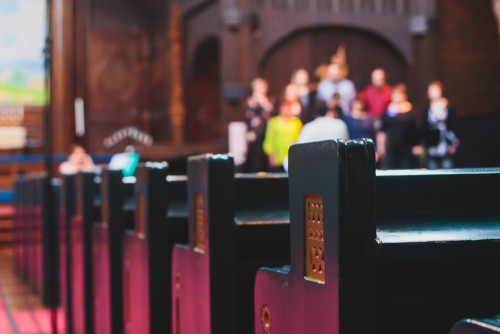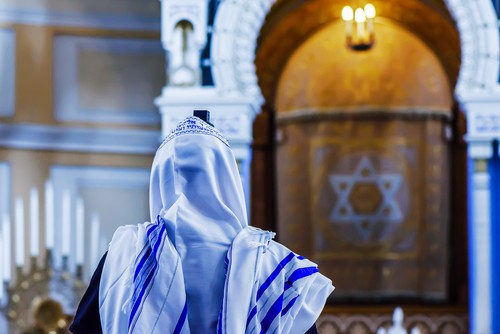
Last month in St. Louis, the United Methodist Church voted to strengthen the denomination‘s stance against LGBT clergy and same-sex marriage. The divisive vote caused remains a source of great tension in the nation’s second largest Protestant denomination and the threat of a church split has been raised. And now, in a new report from The New York Times, some serious questions about the vote itself are being raised.
The report was able to conclusively find that four votes were cast by people who weren’t authorized to have a vote. That’s not enough to tip the scales of the vote itself, which passed by a margin of 54, but it does call the process into question and raises the specter of other possible irregularities.
“The findings that have come out have caused a serious impact on issues of trust and integrity about the whole process,” Bishop Thomas J. Bickerton, who serves on the commission on the general conference, told The New York Times. The paper says their report prompted the UMC to hire an outside firm to investigate the vote.
The four votes in question were cast by members of the African delegation, whose condemnation of homosexuality was seen as key to securing the vote. An initial audit revealed that two people who had been denied credentials by staff were able to get them via other, uncertified means. And there other strange irregularities, the NYT reports:
The Times found additional irregularities. For example, two delegates from South Congo, a church district in the Democratic Republic of Congo, are listed on the official attendance records. But they never traveled to the United States for the conference because of visa issues, according to a phone interview with one of the delegates and a message sent by the other to Rev. Kalaba Chali, an official translator for the conference, who did not support the decision to strengthen the ban on gay clergy. In addition, three people voted as delegates for South Congo but their names are absent from conference attendance logs and delegate election records.
The UMC is famously strict with its governance rules, and many leaders expressed concern about the irregularities in the report. “The polity of the United Methodist Church presumes trust,” Laceye Warner, a professor of Methodist studies at Duke Divinity School, told the Times. “The last several years, the ethos of the denomination has been characterized more by mistrust and misunderstanding.”
When asked what the findings meant about the result of the initial vote, Rev. Gary W. Graves, secretary of the conference, said “That is a matter that would still be under review.”






















